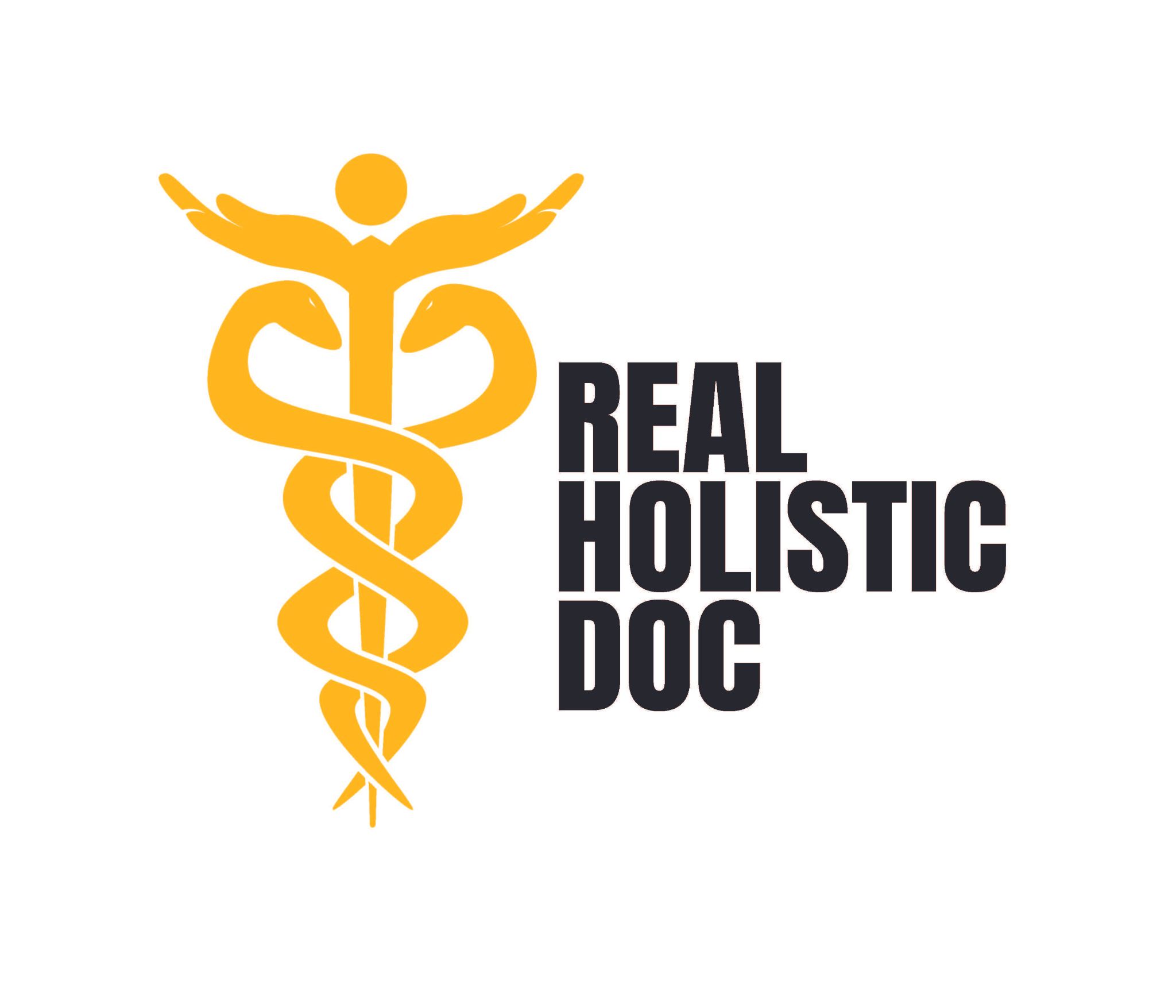Inflammation is perhaps the most common cause of pain. Inflammatory reactions are major contributors to Alzheimer’s disease and to Atherosclerosis, including coronary heart disease. Free radicals and C-Reactive protein are the chief lab tests indicating an inflammatory response. Inflammation may occur because of an infection but also is a reaction to trauma and toxins. Anti-inflammatory drugs are increasingly being touted as useful in treating pain, as well as for preventing Alzheimer’s and coronary heart disease. However, there are several anti-inflammatory herbs that are also important to consider.
Non-steroidal anti-inflammatory drugs are among the most widely OTC products. The ”original”, aspirin, or acetylsalicylic acid, is one of the best.
Incidentally, its major ”competitor”, acetaminophen, is NOT anti-inflammatory. Acetaminophen does help reduce fever but, in my opinion, it is a lousy pain reliever. Acetaminophen is, in my opinion, not a drug worth taking! It has a much higher incidence of liver damage than the N-SAIDS.
Other N-SAIDS, such as ibuprofen, ketoprofen, naproxen, etc all have the same potential complications as aspirin – mainly gastrointestinal bleeding, peptic ulcers, etc.
Of course there are true allergic reactions to all these, including aspirin. Only aspirin has been proven, unequivocally, to help prevent blood clotting, by decreasing platelet aggregation, Many physicians recommend one baby aspirin daily to help prevent stroke or heart attack. There are numerous alternatives for the platelet aggregation inhibition, including gingko biloba and vitamin E.
Incidentally, if you do choose to take aspirin or naproxen, glutamine is a major protector of the intestine against the potential for intestinal bleeding. One teaspoon of glutamine powder with each dose is advisable.
There are a number of anti-inflammatory herbs, which are much safer than any of the commercial N-SAIDS.
Feverfew – NOT RECOMMENDED, as it has other negative properties. Certainly not to be used for anti-inflammatory purposes.
Bromelain – This pineapple digestive enzyme has been proven to be as effective as N-SAIDS. Of course, there is always the potential for allergies, as pineapple is a citrus fruit.
Digestive enzymes – A broad mixture of digestive enzymes has been promoted. Wobenzyme is the one most touted. Vascuzyme has virtually the same ingredients and is much less expensive.
Ginger – There are several extracts of ginger that have been found effective especially for osteoarthritic pain.
Curcumin – Turmeric is a relative of ginger. It has excellent anti-inflammatory and antioxidant properties.
Licorice – It is anti-inflammatory but may have cortisone-like effects.
Devil’s Claw – An African herb that has some anti-inflammatory effects.
Ganoderma Lucidum – This anti-inflammatory herb has broad anti-inflammatory properties, but much less human study than boswellia.
Boswellia – Boswellia Serrata is Frankincense, one of the most studied herbs. It is significantly anti-inflammatory and has many benefits, including laboratory evidence of anti-cancer properties. Clinical studies have demonstrated benefit in rheumatoid and degenerative arthritis, colitis, asthma and brain edema. Of all the alternative anti-inflammatory herbs, Boswellia appears to be the best with the least negative reactions. Use 60 to 70% boswellic acid extracts, 900 to 1000 mg daily. If no benefit within a week, it is not likely to help. I would then try the other anti-inflammatory herbs before N-SAIDS.
Note: Shealy-Sorin Wellness carries D-Flame. D-Flame is a blend of complementary herbs (many of which are listed above) that may help support a healthy response to normal physiological stress through its ability to support the proper activities of key mediators involved in this process. Learn more about D-Flame.
C. Norman Shealy, M.D., Ph.D. is the father of holistic medicine. He recommends autogenic focus (the basis of the Biogenics System) as part of your commitment to self-health and healthy longevity. Register to download your FREE autogenic focus MP3 now.
